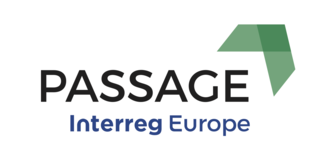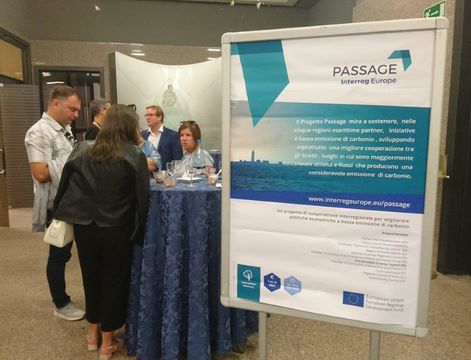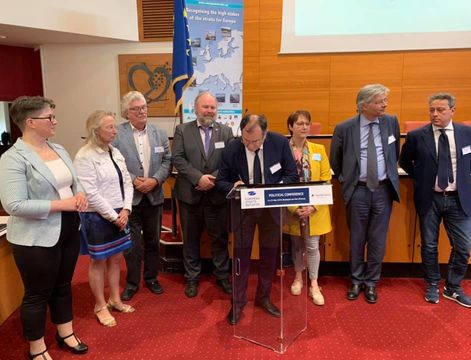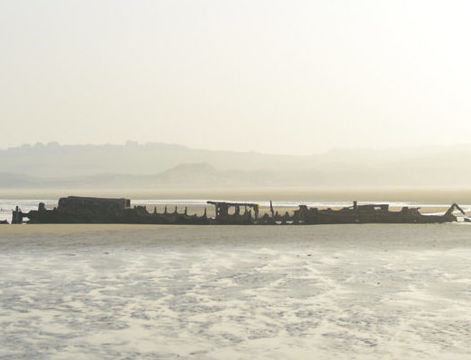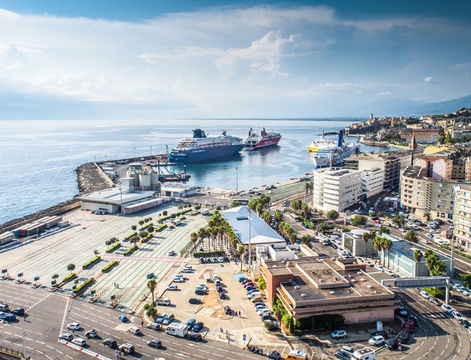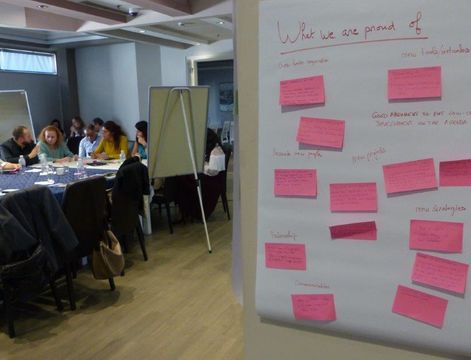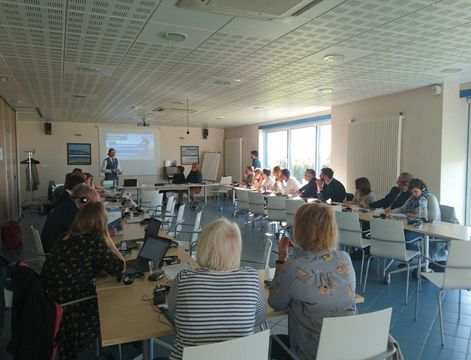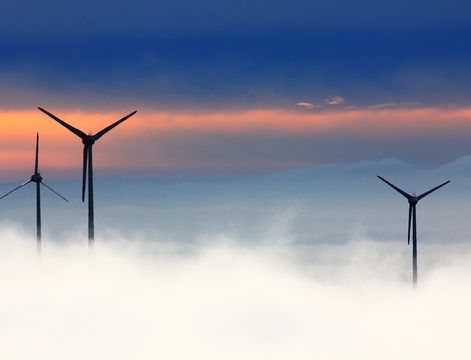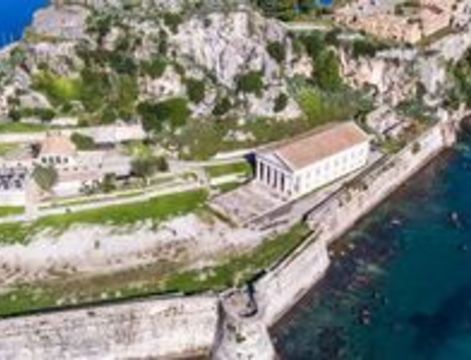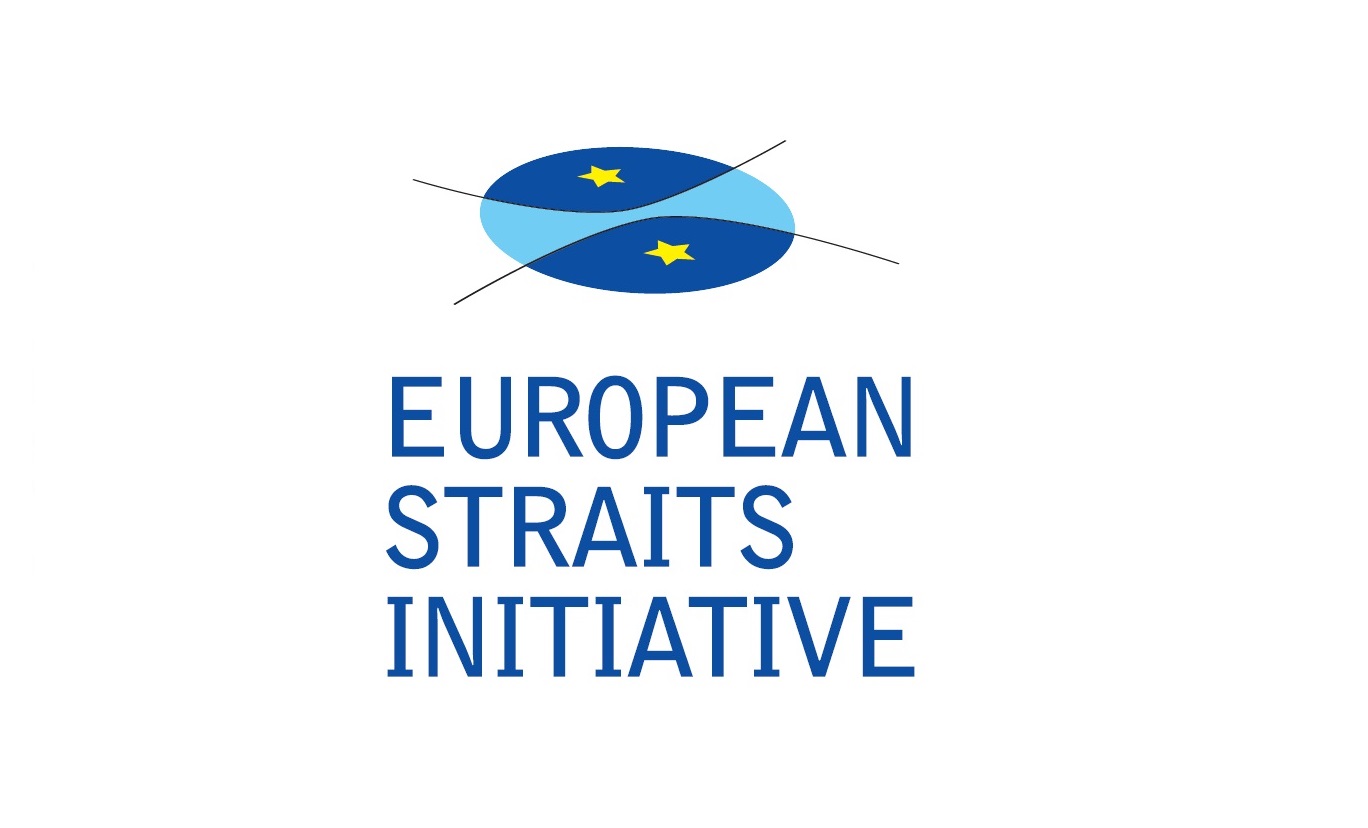In the framework of PASSAGE project, straits’ territories have expressed to the European Commission the importance of including maritime traffic and related land-traffic in the EU greenhouse gas emissions reductions strategy
In October 2018, partners of the Interreg Europe PASSAGE project – developed in the framework of the European Straits Initiative – have addressed their contribution to Mr Miguel Arias Cañete, European Commissioner for Climat Action and Energy. In particular, they have shared the results of the study carried out by PASSAGE project, which acknowledges for the first time the carbon contribution of the different sector of activities at the scale of a strait.
The study shows that, despite the differences between the different straits, maritime traffic accounts for an important share of the carbon emissions. In Dover Strait, for example, one of the busiest straits of the world, maritime traffic accounts for 17% of the emissions generated within the cross-border area. A very large part of these emissions comes from international maritime traffic, resulting from globalised economy. Local and regional authorities are powerless when it comes to reduce these emissions, despite the impact they have – including on air pollution, quality of life and health of inhabitants of their territories.
The European Sulphur Directive (Directive (EU) 2016/802) is part of the response to the issue of air pollution, but the climate impact of maritime traffic is not yet considered in its globality. The new International Maritime Organisation agreement on emissions from shipping is an important improvement concerning this issue, but it is only the first step. As such, PASSAGE partners have invited the European Commission to clearly consider maritime traffic as one of the important areas of improvement to reduce greenhouse gas emissions in the long-term. This includes reinforced regulations but also schemes for deployment of alternative fuels for shipping, which are today far behind traditional heavy fuels.
PASSAGE partners have also called the European Commission to understand maritime traffic as a whole, not only when it comes to emissions generated at sea but also regarding emissions on the land. Indeed, PASSAGE carbon study has also demonstrated the importance of emissions from land traffic directly generated by maritime flows. In Dover Strait, to continue with this striking example, it has been estimated that 12% of the carbon emissions in the area are directly linked to road transportation from and to the ports and the Channel Tunnel. This is not only affecting the climate but also the life of inhabitants on the territory. PASSAGE partners have called for a real shift from road to much less polluting railways or waterways. They acknowledge that development of alternative fuels for road transportation is an opportunity but it should not be developed at the expenses of investments in rail infrastructures and waterways connected to ports.
Finally, the study implemented in the framework of PASSAGE project has shown the lack of public access to key information about maritime traffic. Whether it is for defence and security arguments or because this data has been put in the hands of private companies, it is not always possible today for local authorities, NGOs, researchers or simple citizens to access accurate information on number and types of ships passing by our coasts. With no access to such information, it is complicated to conduct satisfying studies to provide accurate knowledge of the situation when it comes to contribution of maritime traffic to greenhouse gas emissions. PASSAGE partners thus appeal for a regulation enabling public access to such data, considering that it is of general interest for European citizens and their elected representatives.
